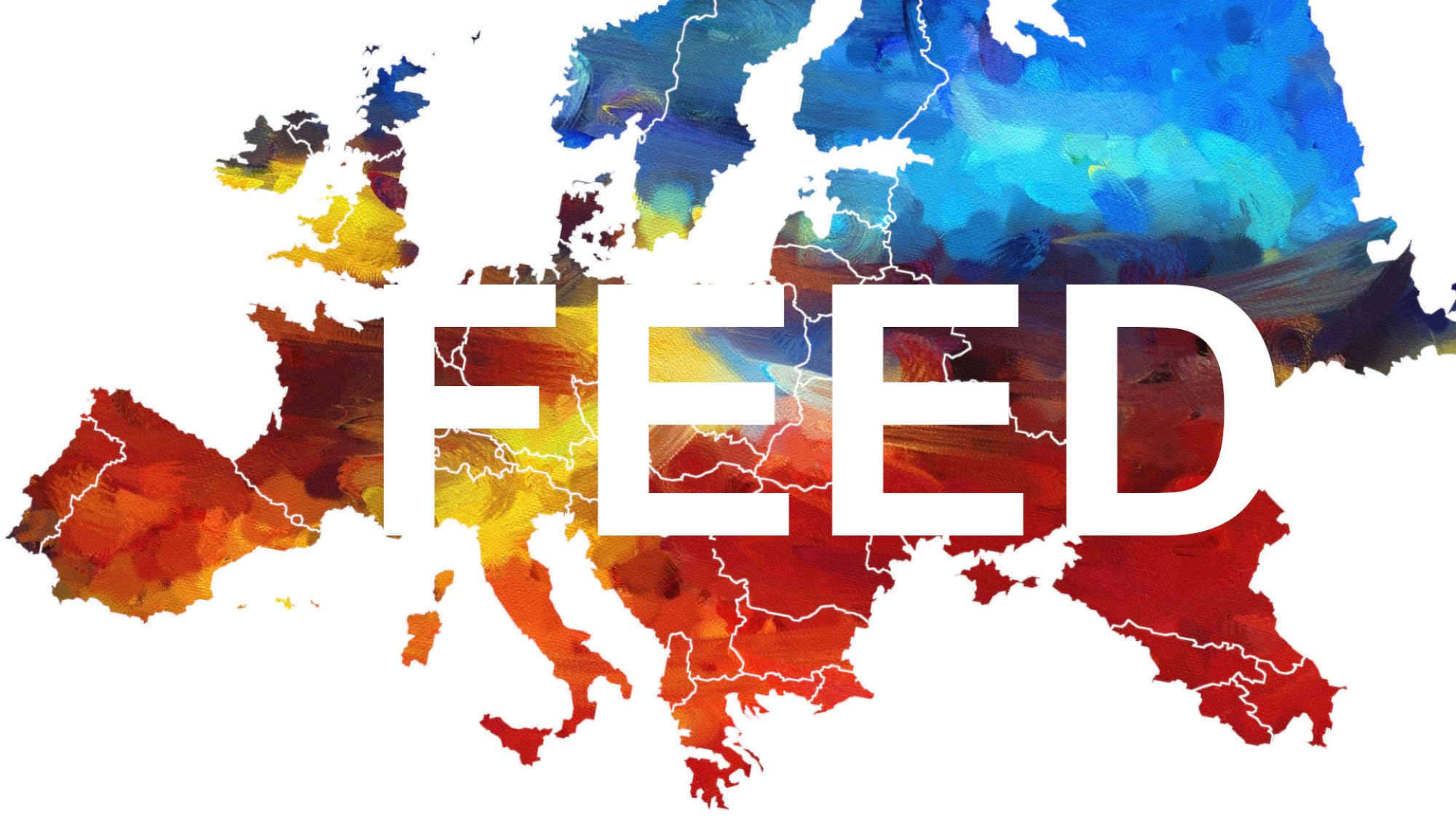Economics Today
Mainstream economics has changed significantly since the 1980s and all positive developments should be welcomed. FEED aims to build on genuine achievements and further promote institutional and evolutionary approaches. But despite many positive advances, mainstream economics is often concerned more about mathematical technique than explanatory substance. Insufficient use is made of insights from other disciplines. Since the Second World War, the scope of mainstream economics has vastly narrowed and “economic theory” has become a largely mathematical exercise. Even in leading universities, students of economics are no longer encouraged to read the works of major economists such as Adam Smith, Karl Marx, Joseph Schumpeter or John Maynard Keynes. The study of economic history is typically a lower-status option, the history of economic thought is not taught, and philosophical reflection on economic theories and methods is often regarded as of negligible value. This means that many students and graduates have not got the breadth and variety of knowledge to deal with real-world problems. Mainstream economics has had manifest limitations in dealing with major challenges, such as the capitalist transformations in the post-Soviet countries and the global financial crises of 1997 and 2008. Radical uncertainty and bounded rationality were overlooked, the institutional preconditions of economic activity were neglected, unregulated markets were assumed to be efficient, and problems with unregulated financial markets were ignored. Mainstream economics has other weaknesses in dealing with structural and dynamic phenomena such a technical and institutional change. It is in all these areas that institutional and evolutionary approaches are of proven value.
The Contribution of FEED
FEED believes that there is enduring value of reading the classic writers on the nature of modern economic systems. We can still learn from writers as diverse as Kenneth Boulding, John Commons, Nicholas Georgescu-Roegen, Nicholas Kaldor, Michal Kalecki, William Kapp, John Maynard Keynes, Alfred Marshall, Karl Marx, Hyman Minsky, Gunnar Myrdal, Edith Penrose, François Perroux, Karl Polanyi, Joan Robinson, Gustav Schmoller, Joseph Schumpeter, George Shackle, Adam Smith, Werner Sombart, Thorstein Veblen and Max Weber. Yet today their works are seldomly cited in the most prestigious journals of economics. FEED believes that economists should not only have a knowledge of the history of their subject and allied work in the social sciences, but also they should have a much richer understanding of economic and business history. Economists should be trained to think critically about their assumptions and methods, and to judge theories not simpy on their mathematical originality or elegance. FEED believes in the value of pluralism and diversity in any science, where radically innovative ideas are encouraged, but they are tested by rigorous scrutiny and debate. Accordingly, FEED favours a greater pluralism of theoretical approaches within economics. The discipline should not be defined in terms of a set of favoured assumptions or techniques, but in terms of the use of rigorous scientific approaches to understand and explain economic phenomena.
